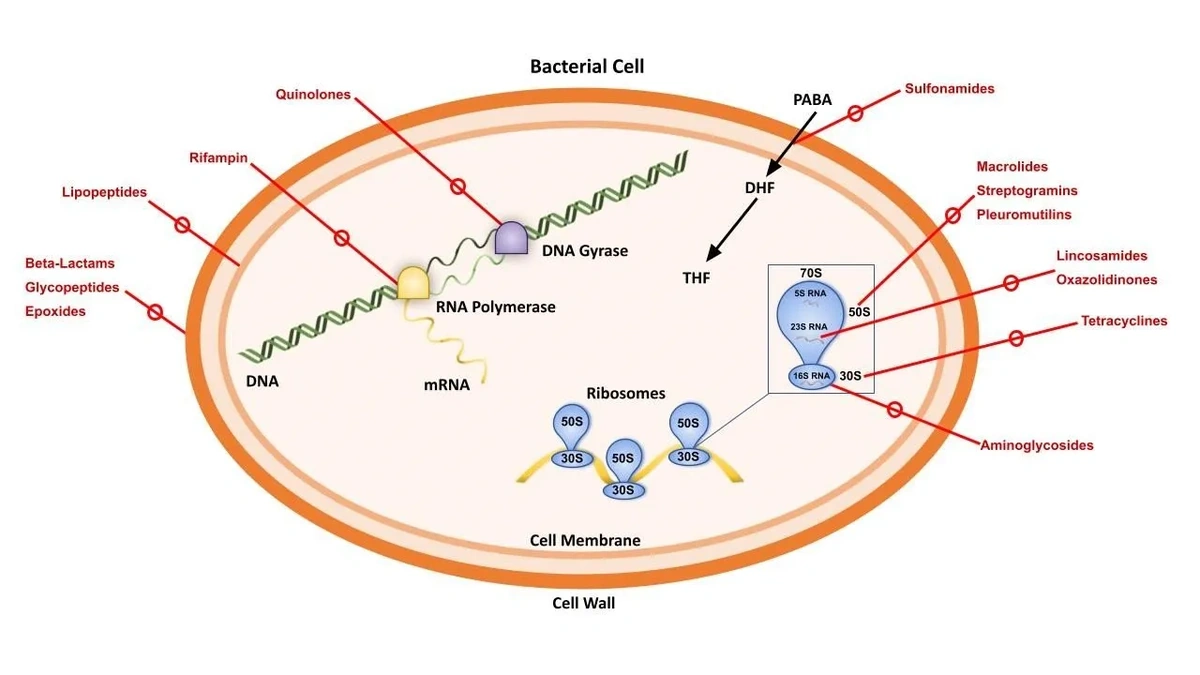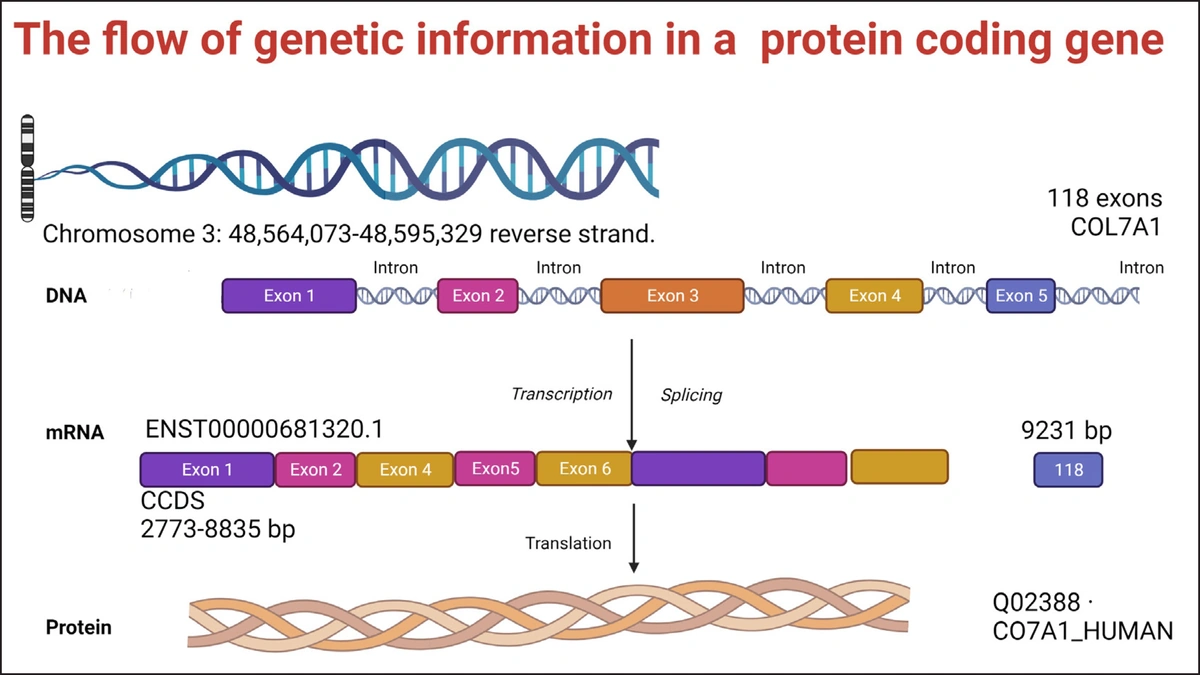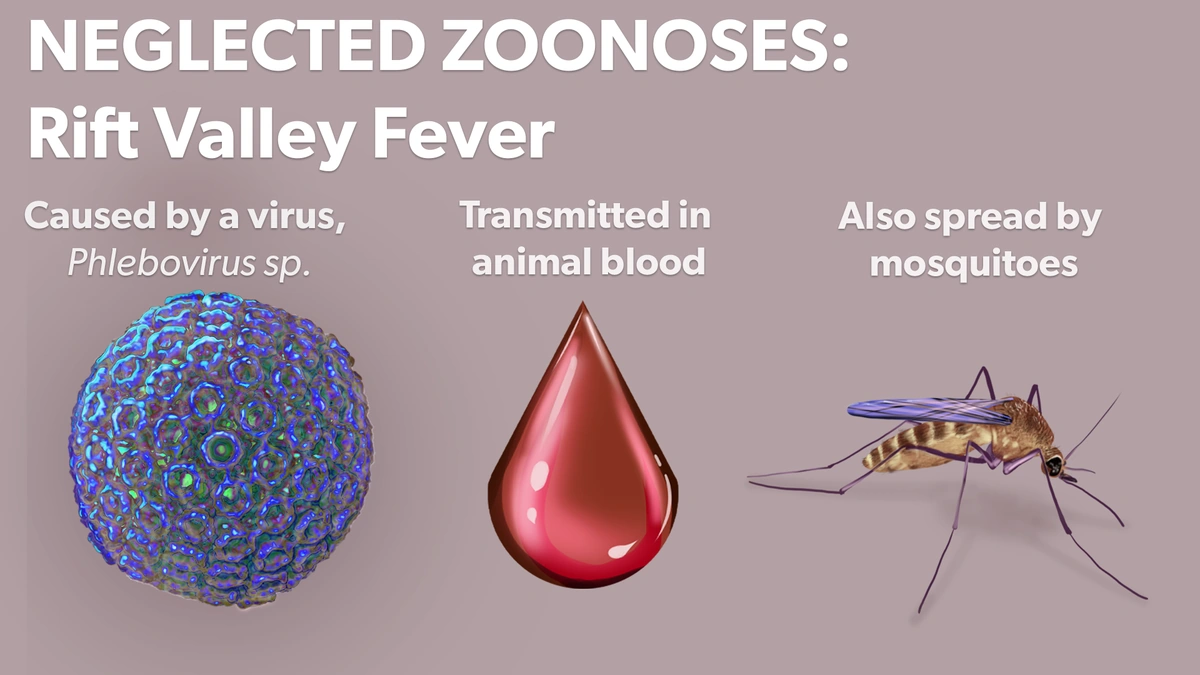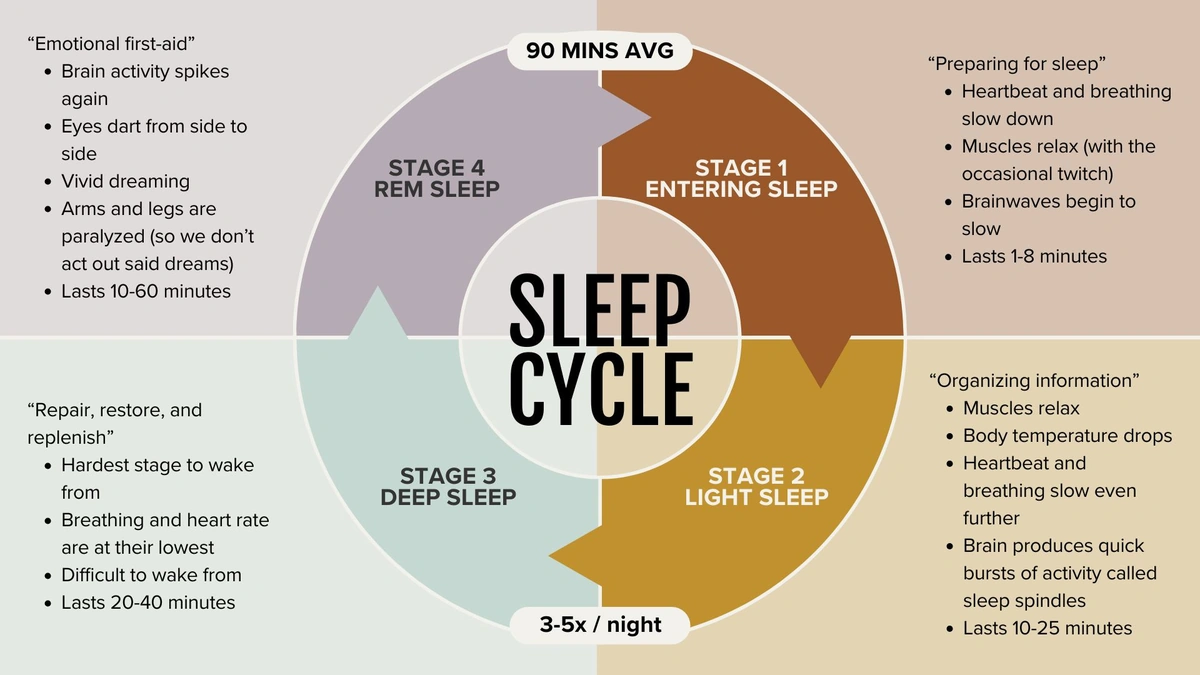Dermatology and Gene-Environment Interactions | Insights from Sara J. Brown
Ever wondered why some folks seem to breeze through life with flawless skin, while others wage a constant battle against acne, eczema, or worse? It’s easy to chalk it up to “good genes,” but the truth, as always, is delightfully more complex. That’s where the fascinating field of gene-environment interactions dermatology comes into play.
Think of it like this: your genes are the blueprint, the potential. But the environment – everything from the air you breathe to the food you eat and the stress you carry – acts as the architect, deciding which parts of that blueprint get built and how. Let’s be honest, it’s a bit of a cosmic dance, isn’t it?
Decoding the Dance | What Sara J. Brown Teaches Us

Sara J. Brown, a leading researcher in this area, has shed significant light on this intricate interplay. Her work emphasizes that our skin isn’t just a passive recipient of genetic information; it’s constantly responding and adapting to its surroundings. This understanding is crucial for developing more effective and personalized dermatological treatments. I initially thought this was straightforward, but then I realized the depth of the research is fascinating.
One of Brown’s key contributions is highlighting the role of the filaggrin gene in eczema. Filaggrin is essential for maintaining the skin’s barrier function. When this gene is defective, the skin becomes more susceptible to environmental irritants, leading to inflammation and eczema flare-ups. Her research underlines that even with a genetic predisposition, environmental factors significantly dictate the severity and onset of the condition.
The “Why” It Matters | Beyond Just Skin Deep
So, why should you, sitting in India, care about gene-environment interactions and what it means for dermatology? Because understanding this relationship is the key to unlocking more effective skincare and preventive measures. We Indians have such a diverse gene pool and live in a wide range of environments, from the humid coasts to the dry deserts and polluted cities, making us particularly vulnerable to the effects of these interactions.
Consider pollution, for example. Studies show that exposure to air pollutants can exacerbate skin conditions like acne and hyperpigmentation. If you have a genetic predisposition to these conditions, living in a highly polluted area could significantly worsen your symptoms. Recognizing this connection allows for targeted interventions, such as using pollution-fighting skincare products or even relocating to a less polluted environment (easier said than done, I know!).
And, but think about diet! What you eat, specifically inflammatory foods, can also trigger acne, eczema and other common skin conditions . Understanding your own personal, genetically influenced susceptibilities allows you to eat better and target environmental aggressors by making actionable and informed choices about diet, lifestyle and skincare.
How to Protect Yourself | Practical Steps You Can Take
Okay, enough with the theory. Let’s get practical. What can you, an everyday person in India, do to mitigate the negative effects of gene-environment interactions on your skin? A common mistake I see people make is not tailoring skincare routine based on individual circumstances.
Here’s a step-by-step guide:
- Know Your Skin Type: This seems obvious, but it’s crucial. Determine if you have dry, oily, combination, or sensitive skin. This will inform your product choices.
- Identify Your Triggers: Pay attention to what seems to worsen your skin. Is it certain foods, weather conditions, or stress? Keeping a journal can help.
- Choose the Right Products: Look for products that are specifically formulated for your skin type and address your specific concerns. For example, if you live in a polluted area, use antioxidant-rich serums and cleansers. If you’re prone to dryness, opt for hydrating moisturizers with ingredients like hyaluronic acid.
- Protect Yourself from the Sun: Sun exposure is a major environmental factor that can damage your skin. Use a broad-spectrum sunscreen with an SPF of 30 or higher every day, even on cloudy days.
- Manage Stress: Stress can wreak havoc on your skin. Practice stress-reducing activities like yoga, meditation, or spending time in nature. Find what works for you !
- Consult a Dermatologist: If you’re struggling to manage your skin on your own, seek professional help. A dermatologist can provide personalized advice and treatment options.
The Emotional Angle | It’s Okay to Feel Frustrated
Let’s be real – dealing with skin problems can be incredibly frustrating. It’s not just about vanity; it’s about self-esteem, confidence, and overall well-being. That feeling of helplessness when another breakout appears? We’ve all been there. And the constant bombardment of “perfect skin” images on social media certainly doesn’t help.
The key is to remember that you’re not alone, and that there are things you can do to improve your skin health. It’s about finding what works for you, being patient, and celebrating small victories along the way. And remember, true beauty is about more than just flawless skin; it’s about embracing your unique self, imperfections and all.
According to the National Institute of Arthritis and Musculoskeletal and Skin Diseases , understanding genetic predispositions and environment is crucial for effective dermatological treatments.
The Future of Dermatology | Personalized Treatments
What’s fascinating me is that the future of dermatology is moving towards personalized treatments that take into account both your genetic makeup and environmental exposures. Imagine a world where your dermatologist can analyze your genes to determine your risk of developing certain skin conditions and then create a customized treatment plan tailored to your specific needs. This is not science fiction; it’s the direction we’re heading.
While widespread genetic testing for dermatological purposes is still in its early stages, research is rapidly advancing. As we learn more about the complex interplay between genes and the environment, we can expect to see more targeted and effective treatments for a wide range of skin conditions. It’s an exciting time to be alive, especially if you’re passionate about skincare!
In conclusion, the relationship between genetics and environment in dermatology is a complex but crucial area of study. Sara J. Brown’s insights have significantly advanced our understanding of this interplay, paving the way for more personalized and effective treatments. By taking proactive steps to protect your skin from environmental aggressors and managing your stress levels, you can mitigate the negative effects of these interactions and achieve healthier, more radiant skin. And remember, it’s okay to feel frustrated – just keep experimenting and finding what works for you. Your skin will thank you for it .
FAQ Section
What if I’m not sure what my skin type is?
A simple test: Wash your face and wait an hour. If it feels tight, you likely have dry skin. If it’s shiny, you have oily skin. If it’s a mix, you have combination skin. If it feels irritated, you have sensitive skin.
Are there any specific foods I should avoid to improve my skin?
Processed foods, sugary drinks, and excessive dairy can often trigger inflammation and worsen skin conditions. Focus on a balanced diet rich in fruits, vegetables, and whole grains.
How often should I see a dermatologist?
If you have persistent skin problems, see a dermatologist at least once a year. Even if your skin is generally healthy, an annual checkup can help detect early signs of skin cancer.
Can stress really affect my skin?
Absolutely! Stress triggers the release of hormones like cortisol, which can lead to inflammation, breakouts, and other skin problems. Managing stress is crucial for overall skin health.
What ingredients should I look for in skincare products for pollution protection?
Antioxidants like vitamin C, vitamin E, and green tea extract can help protect your skin from the damaging effects of pollution. Look for products that contain these ingredients.
Is there any way to reverse genetic predispositions that I have?
You can’t change your genes, but you can influence how they’re expressed. By making healthy lifestyle choices and protecting your skin from environmental aggressors, you can minimize the impact of your genetic predispositions.













